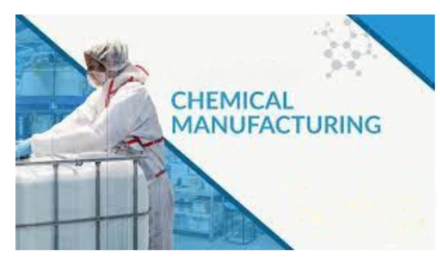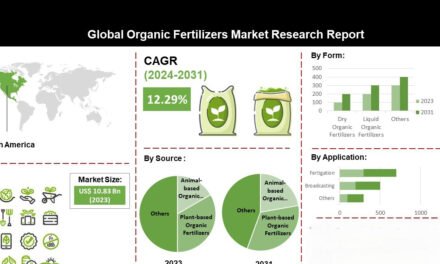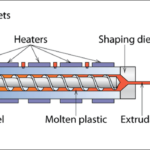1. Advanced Catalysis
- Heterogeneous Catalysts: Enable reusable and efficient catalysts, reducing waste and energy consumption.
- Enzymatic Catalysis: Precision and eco-friendly reactions facilitated by enzymes are gaining popularity in pharmaceutical and agrochemical synthesis.
2. Process Intensification
- Continuous Flow Chemistry: Replacing traditional batch processes, it enhances efficiency, scalability, and safety, especially for complex fine chemicals.
- Microreactors: Provide precise control over reaction parameters, improving yields and reducing byproducts.
3. Synthetic Biology
- Microbial Production: Engineered microbes are producing fine chemicals from renewable feedstocks, reducing reliance on petrochemicals.
- Biocatalysis: Biological catalysts streamline the synthesis of chiral and complex molecules, critical in drug manufacturing.
4. Automation and AI Integration
- Predictive Analytics: AI-driven models optimize reaction conditions and pathways, reducing R&D timelines.
- Robotics and Automation: Automated systems increase precision and consistency in manufacturing, reducing human error.
5. Green Chemistry Innovations
- Solvent-Free Processes: Development of processes that eliminate or replace toxic solvents with safer alternatives.
- Atom Economy: Optimizing reactions to incorporate most of the reactants into the final product, reducing waste.
6. 3D Printing
- Customized Reactors: Additive manufacturing enables bespoke reactor designs for niche fine chemical production.
7. Carbon Capture and Utilization
- CO₂-Based Synthesis: Technologies are enabling the use of carbon dioxide as a raw material for producing fine chemicals like methanol and formic acid.
8. Advanced Analytical Techniques
- Real-Time Monitoring: Technologies like spectroscopy and chromatography allow for real-time analysis and quality control during production.
9. Big Data and Digital Twins
- Process Simulation: Digital twins simulate and optimize production processes, identifying efficiencies before scaling up.
- Data-Driven Insights: Big data analysis improves decision-making across the manufacturing lifecycle.
10. Sustainability Enhancements
- Integration of renewable energy sources like solar or wind to power chemical production processes, reducing carbon footprints.

















